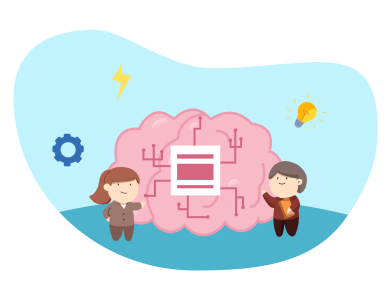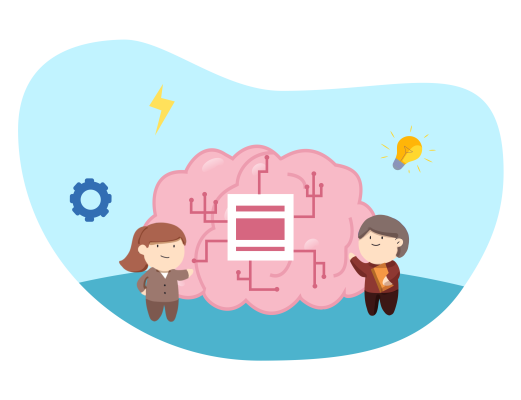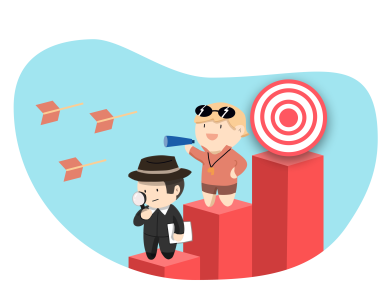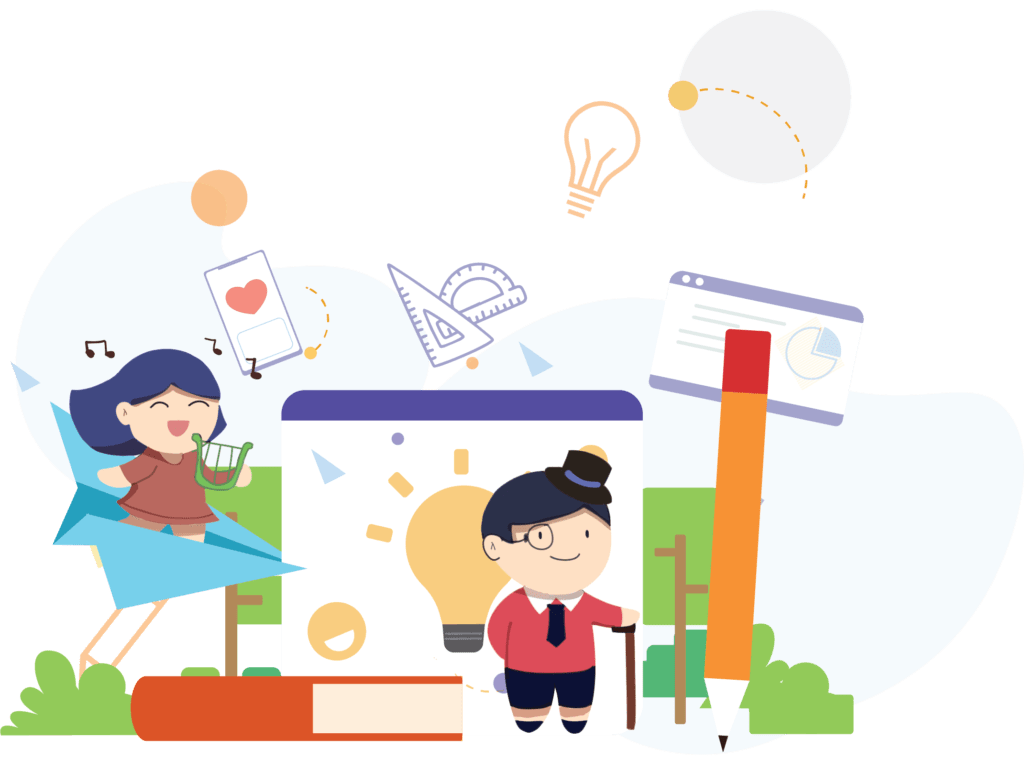The advent of artificial intelligence (AI) and automation has ushered in a new era of technological disruption, radically transforming the global job market. Traditional measures of intelligence, such as IQ and EQ, are no longer sufficient to ensure success. In this article, we will explore the profound impact of AI on employment, the resulting displacement of jobs globally, and the increasing importance of developing Adaptability Quotient (AQ) skills to thrive in this evolving landscape.
The Rise of AI and Automation
The rapid advancement of AI and automation technologies has fuelled the displacement of jobs across industries. Roles that involve routine and repetitive tasks, such as data entry, manufacturing, and customer service, are particularly vulnerable to automation (Brynjolfsson & McAfee, 2014) . AI-powered algorithms and machine learning models can perform these tasks faster, more accurately, and often at a lower cost than human workers. As a result, we have witnessed a significant shift in the nature of work.
The impact of AI and automation is not limited to specific regions or industries; it is a global phenomenon. According to various reports and studies, millions of jobs worldwide are at risk of being displaced by automation in the coming years (World Economic Forum, 2020). The World Economic Forum’s “The Future of Jobs Report” estimates that by 2025, automation and AI could displace 85 million jobs, while simultaneously creating 97 million new jobs that require a different skill set.
AI’s ability to process and analyse vast amounts of data, coupled with advancements in natural language processing and machine learning, has enabled it to take on increasingly complex tasks. Jobs that involve routine cognitive skills, such as data analysis, legal research, and financial forecasting, are also susceptible to automation (Autor, 2015). As AI algorithms become more sophisticated, they can surpass human capabilities in certain areas, leading to a re-evaluation of the skills needed to remain relevant in the workforce.
The Need for Adaptability Quotient (AQ) Skills
In this rapidly evolving landscape, Adaptability Quotient (AQ) has emerged as a critical set of skills for individuals seeking to thrive amidst job displacement. AQ encompasses the ability to adapt and flourish in an environment of fast and frequent change. It includes qualities such as flexibility, curiosity, resilience, problem-solving skills, and the capacity to unlearn obsolete knowledge. Embracing AQ enables individuals to navigate the challenges and opportunities brought forth by AI and automation.
Every profession will require adaptability and flexibility, from banking to the arts. Say you are an accountant. Your IQ gets you through the examinations to become qualified, then your EQ helps you connect with an interviewer, land a job, and develop relationships with clients and colleagues. Then, when systems change or aspects of work are automated, you need AQ to accommodate this innovation and adapt to new ways of performing your role.
To ensure future employability and career resilience, individuals must actively cultivate AQ skills. Here are some key areas to focus on:
- Lifelong Learning: Embrace continuous learning and upskilling to stay ahead of technological advancements. Develop a growth mindset that fosters a desire for knowledge acquisition and an openness to acquiring new skills throughout your career (Dweck, 2016).
- Emotional Intelligence: While AI excels at processing data and performing cognitive tasks, it still struggles with emotional and social interactions. Enhancing your emotional intelligence (EQ) skills, such as empathy, communication, and collaboration, can differentiate you in a world increasingly driven by AI (Goleman, 1995).
- Creativity and Innovation: Cultivate your creativity and embrace innovative thinking. AI is yet to match the human ability to think outside the box, imagine new possibilities, and generate novel solutions. Focus on developing skills that allow you to bring a unique perspective to problem-solving.
- Complex Problem Solving: As automation takes over routine tasks, complex problem-solving abilities become more valuable. Sharpen your analytical thinking, critical reasoning, and decision-making skills to tackle complex challenges that require human judgment (Jonassen, 2010).
The displacement of jobs due to AI and automation is a global reality, with far-reaching implications for individuals and societies. To thrive in this rapidly changing landscape, developing Adaptability Quotient (AQ) skills is paramount. By cultivating a growth mindset, embracing lifelong learning, and honing creativity, emotional intelligence, and complex problem-solving abilities, individuals can position themselves for success in the age of AI.
What does this mean for parents?
With this new set of challenges of the knowledge economy and rapidly evolving workplace requirement, parents need to realize that the current education system we have in place is no longer sufficient to prepare our children for tomorrow’s career challenges.
No other time in our modern history has one’s ability to learn and adapt been more important than in our current era of constantly shifting requirements. Having good academic scores and performance will no longer guarantee that our children will be able to survive, let alone thrive in the new economy.
Therefore, to prepare our children for the uncertain futures of the machine era, we need to groom and train our children in building up on the following areas:
- A strong mental resilience and fortitude to embrace stress and failures
- A healthy, growth mindset to enjoy and overcome obstacles
- Glowing confidence and motivation to take on any learning challenges
The future we see now is full of uncertainties, but the one thing we do know is that the workplaces of the future will operate differently. We may not all be comfortable with the pace of change – but we all can prepare, by starting this process of rethinking how we really learn. This is what GRIP Adaptive Learner™ Program is all about.
References:
Autor, D. H. (2015). Why are there still so many jobs? The history and future of workplace automation. Journal of Economic Perspectives, 29(3), 3-30.
Brynjolfsson, E., & McAfee, A. (2014). The Second Machine Age: Work, Progress, and Prosperity in a Time of Brilliant Technologies. W. W. Norton & Company.
Dweck, C. (2016). Mindset: The New Psychology of Success. Random House.
Goleman, D. (1995). Emotional Intelligence: Why It Can Matter More Than IQ. Bantam Books.
Jonassen, D. H. (2010). Learning to Solve Problems: A Handbook for Designing Problem-Solving Learning Environments. Routledge.
World Economic Forum. (2020). The Future of Jobs Report 2020. World Economic Forum.







